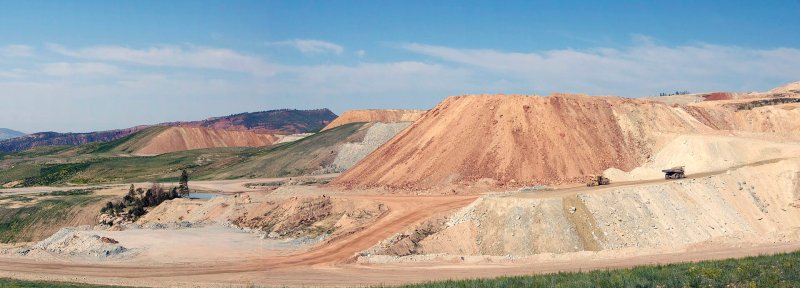Roundup, the world’s top herbicide, has been mired in controversy in recent months as the jurors in three court cases have found it causes cancer. Bayer Crop Science, the company that produces Roundup, has been ordered to pay billions of dollars in damages, and thousands of other cancer cases are pending in state and federal courts.
…
Glyphosate, the herbicide’s main ingredient, isn’t manufactured in a lab, but originates in a mine. To produce it, phosphate ore is extracted and refined into elemental phosphorus. While Bayer, which recently bought Monsanto, touts its sustainable mining process, environmentalists contend that the process involves stripping away the soil off mountaintops, which destroys vegetation, contaminates water and creates noise and air pollution that is detrimental to wildlife and the environment for years to come.
…
Over the years, Roundup brought Monsanto billions in annual gross profits and became the world’s most widely sprayed herbicide. To keep up with demand, the company has operated five mines (including one still active) in the phosphate patch [in Idaho]. Other companies—J.R. Simplot Company, Agrium Inc., and Rhodia, among others—also mine the phosphate ore, mostly to make fertilizer.
[Editor’s note: GLP shared this article as part of our commitment to robust public discussion. See Bayer’s recent blog post about its mining operations for an alternate perspective.]
Read full, original article: Roundup’s Other Problem: Glyphosate is Sourced from Controversial Mines































